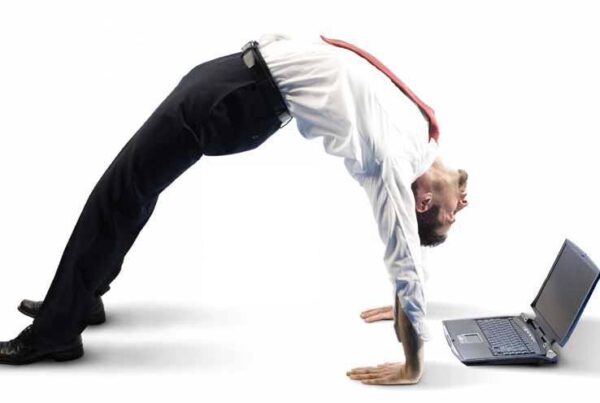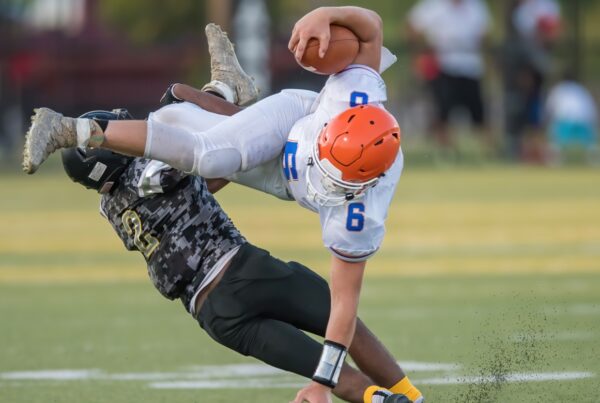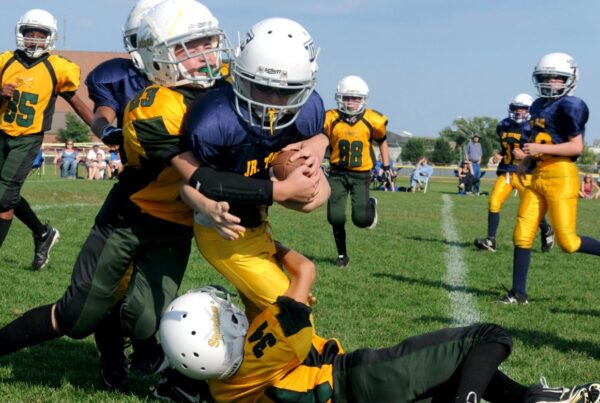by Evie Ullman, DPT
Any Physical Therapist will tell you that if they had a dime for every time a patient asked them this question, they’d be rich.
First of all, cracking your joints does not cause damage or lead to arthritis down the road. There is no evidence to support this, so feel free to crack away at those knuckles. However, if you have PAIN when a joint cracks, this could be a sign of something serious, such as torn cartilage. A roughened, frayed or torn flap of cartilage could be rubbing against the articular cartilage on the other side of the joint, causing pain and further damage.
Sometimes you might hear a click in your knee, ankle, shoulder, etc. This noise is caused by a tendon snapping over a bony prominence or making an adjustment in its gliding path. The crunchy, creaky sound that occurs when you rub injured tissue and sometimes when you move an injured joint, is called “crepitus.” It is when scar tissue rubs against adjacent tissue.
A louder popping noise, such as when you crack your knuckles, occurs because when small forces are applied to the joints, the dissolved gasses in the synovial fluid come out of solution and the synovial fluid expands. A gas bubble can actually be seen in the joint after it is cracked.
So there you have it, an explanation of popping and cracking in the joints of the body. Remember, if there is no pain with the sound, you have nothing to worry about. However, if you do feel pain with the pop or crack, consult with your MD.
Dr. Ullman is a Physical Therapist at Boston Sports Medicine



